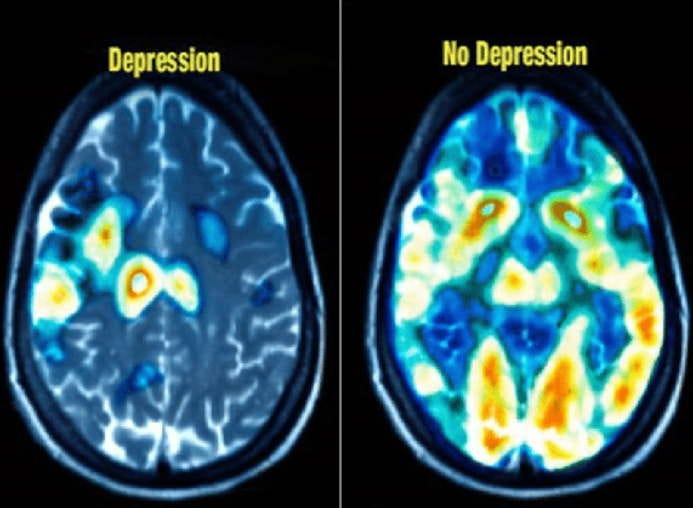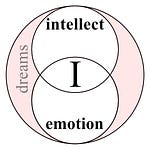“A good approach to avoid depression when reality is depressing is to focus on finding and appreciating small, positive moments within the day, even if the overall situation seems bleak.”
— Artificial Intelligence
“I, not events, have the power to make me happy or unhappy today.”
— Groucho Marx
Clarifying A Basic Confusion
Artificial Intelligence will always lack insight as long as it reflects what it finds to be the most accepted ideas. A.I. cannot see the fallacy of what’s most accepted.
Large language models are designed to extract the most widely endorsed ideas, but depression is a misunderstanding of reality. It is a negative perspective on what is otherwise neutral. We’re inclined to make this mistake because humans are inclined, as A.I. system are programmed, to avoid what we don’t know.
Groucho Marx offers more intelligence because he identifies the dysfunction of accepted logic. Humorists often replace what we think we understand with what we recognizably don’t understand. We find the relief amusing.
Our failure to distinguish depression from being depressed highlights this category error. Depressed is a reaction; depression is a state of mind. As long as the language uses the same word for these two related but different states, both you and A.I. will be confused.
If you’re feeling depressed when nothing is affecting you or when things around you are positive, then you’re clinically depressed. If you are depressed by negative things that affect you, you’re not clinically depressed.
Situational depression is not clinical depression. Bad times are depressing and that’s the truth. Pain, heartbreak, grief, and loss are depressing, but clinical depression is a state of mind that is independent of the situation. The solutions A.I. presents address bad times. Groucho is talking about a state of mind.
Why So Depressed?
The Joker’s most famous line, “Why so serious?” reflects this confusion between inner and outer realities. Asking “Why so serious?” about an unhappy situation implies situational depression is just an attitude that can be replaced. Having a flexible attitude is resilient, while having an unstable reality is psychotic.
Clinical depression is a misunderstanding of reality. If all you see is one reality, then that’s all there is. If what you see is not reality, that’s psychotic. Failing to manage reality makes situational depression clinical.
Here’s a simple test for clinical depression. If you cannot feel good about a positive situation, you’re clinically depressed. I emphasize the “can feel good,” and I’m not saying that you “do feel good.” That is, if you cannot imagine a positive option, then you’re stuck in a negative state of mind. In such a state of mind you’re at risk of becoming more seriously disabled.
This isn’t a foolproof test. If you can imagine feeling better but cannot ever feel better, you may still be clinically depressed. Being free from depression must be accessible at some level or through some path. That level or path becomes a key to your recovery, so it needs to be attainable.
There is a Key
There is a key point most people who are depressed overlook. This is also overlooked by most who have never experienced clinical depression. That key is being able to differentiate different states of mind.
If you have never been depressed, or you have always been depressed, then you may not understand just how fundamental your state of mind is to your reality. If you don’t recognize how your state of mind provides a foundation for your perceptions, then you will not appreciate its importance in almost any task you undertake. Not understanding this is why it’s so difficult to convince people of the importance of brain training.
I will broach the topic of brain training with every therapy client at some point. Brain training is more pertinent for some people than for others. Where a person’s problem is more situational, or more relationship oriented, how you think may be less important than what you think. Brain training addresses how you think, not what you think.
However, even in matters of relationship and communication, your ability to listen, be receptive, and to feel what another person is feeling, might be essential to collaboration. These are brain skills, not logical or intentional skills. Brain training is entirely relevant to the project of being more receptive.
People have far too much faith in the reality they perceive. They believe what they see and hear are real, and what they don’t see or hear are not. You can say this is evolutionary programming because, when it comes to reality, there is little time to stop and think.
Faith in science has only made this more confusing because you will start to see whatever you accept, and modern life requires science. Unfortunately, the goals of science are not humane yet we’re asked to accept it as if it were. This is one of the reasons we continue to rely on religion.
If you’d like to understand depression better, and better understand what can be done about it, then schedule a short, free call on my calendar at:














